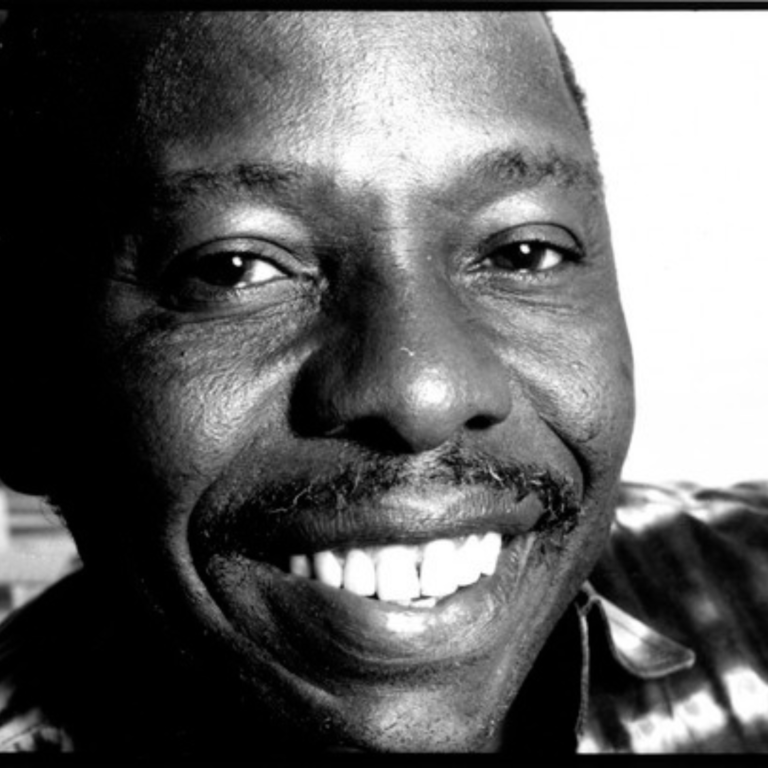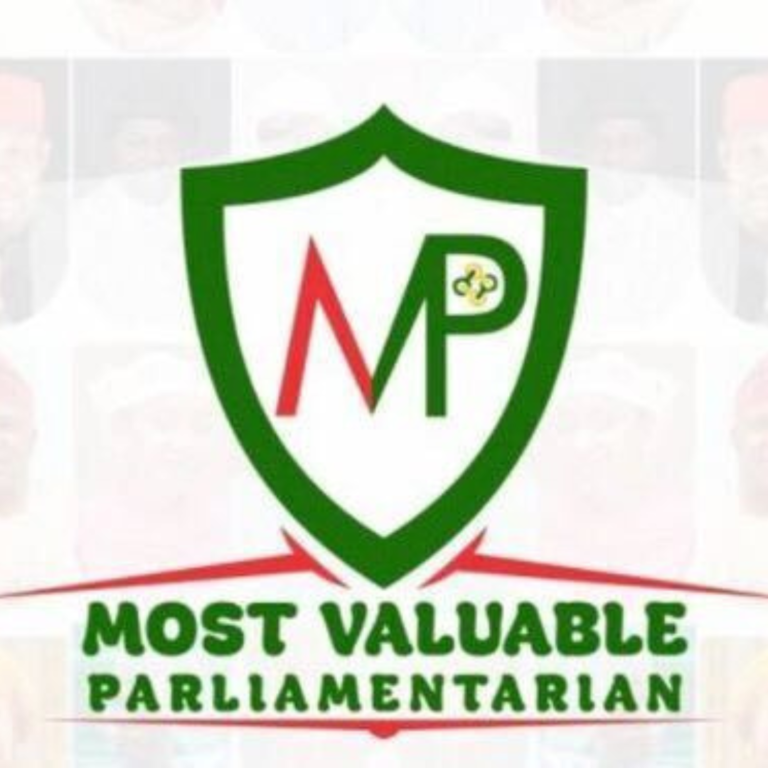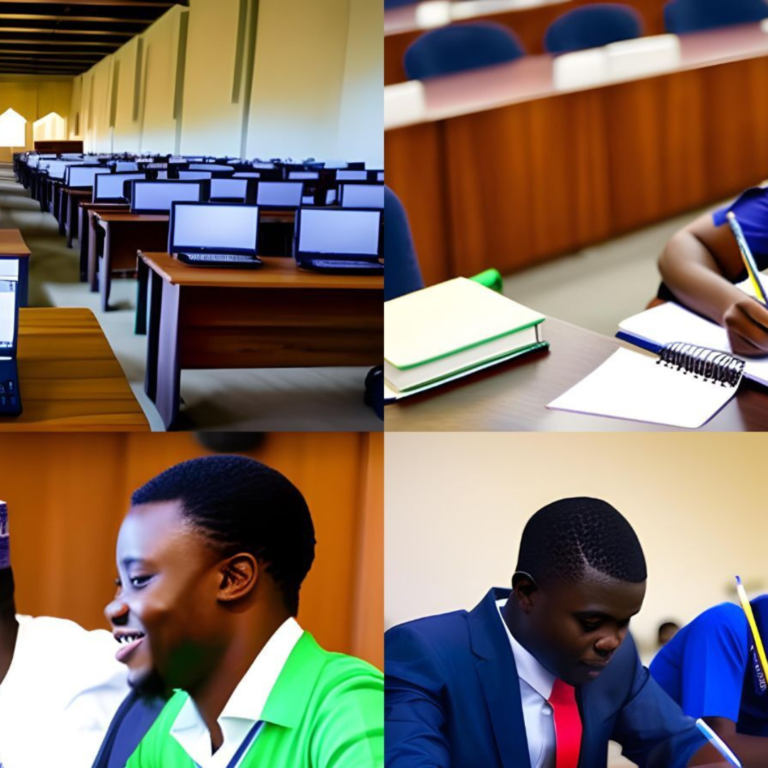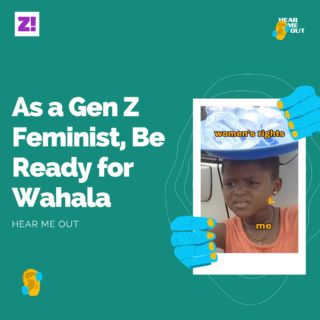By Doyin Olagunju
If you were on social media on 27th May 2021, you must have seen a viral video involving Remi Tinubu, a former first lady of Lagos State and a current senator representing Lagos Central senatorial district, in a heated argument with another woman over the fact that Ms Tinubu called the woman a “thug”.
The incident happened at the Marriott Hotel, Lagos, where the public hearing on the constitutional review of the 1999 constitution for the southwest was holding. Ms Tinubu was serving as the chairman of the Senate committee in charge of the evaluation of the 1999 constitution in South-West, Nigeria.
But what is the “constitutional review of the 1999 constitution”, and how does it concern the south-western part of Nigeria, and you?
The backstory is that in February 2020, the Nigerian Senate created a “committee” to review the 1999 constitution — the most important document that gives rights (and responsibilities) to everyone in Nigeria today.
The committee was divided into four “sub-committees” in April 2021, and they were to look into different things that are currently wrong with the constitution, including the important issue of “restructuring”.
The constitutional review committee was also to conduct a “public hearing” across all the geo-political zones in Nigeria where “ordinary Nigerians” can suggest the important things that could be written into an amended constitution.
It was at one of those public hearings in Lagos that Ms Tinubu got into a fight with the woman.
Sixteen major issues were up for discussion at the public hearing, including gender equality and women participation in government, federal structure for governance and power-sharing, local government autonomy, revenue allocation, the establishment of state police, state and local government creation, etc.
“RESTRUCTURING”
Whatever the Nigerian Senate tries to do with the constitution, the real issue is that many Nigerians are not happy with the current 1999 constitution, or even the way Nigeria is currently arranged.
Some other Nigerians have also said that rather than amend the constitution, Nigerians need to have a “national dialogue” where everyone can share their opinions about everything they think is currently wrong with Nigeria and how the country can be fixed.
A day before the incident involving Ms Remi Tinubu, on May 26, 2021, Chief Afe Babalola, a respected lawyer, argued that a “national dialogue” is more important than any proposed constitution review. And when 17 state governors met in Asaba, Delta State, on May 12, 2021, they asked for the same thing — that there should be a national dialogue so that Nigerians can have a conversation around how the country can be restructured.
But whoever wants the constitution to change or Nigeria to be “restructured”, whether it is a former president, a current senator, a sitting governor or a newspaper vendor, wants Nigeria to fix up in one or all of these major areas:
- Creation of state police;
- Review of revenue sharing formula;
- Creation or merger of states;
- Federal structure, power-sharing and local government independence;
- “Miscellaneous
Now, how does any of this affect you as a Nigerian?
`1. CREATION OF STATE POLICE
Currently, there are only about 370,000 police officers in Nigeria compared to a population of more than 200 million Nigerians. This means that, on average, just 2 police officers are on hand for 1000 Nigerians, whereas the United Nations (UN) recommends an average of 3 police officers for 1,000 residents. Other developed countries even have 4 police officers for 1,000 residents.
Asides the shortage of police, the police officers are all controlled by the Inspector General of Police (IGP), who takes orders from the president or anyone else he delegates.
But there are many arguments against this arrangement, and one of them is that it makes the Nigerian Police ineffective. For instance, the current federal police are underpaid and under-trained, and they can’t handle many local security issues like bandits, kidnappers and farmers-herders conflicts.
People who want state police argue that if the state governors can create and control their police force, then security issues will be handled better in Nigeria, and decisions will be made faster.
It could mean that if state governors had controlled SARS, then some states would have scrapped it and others would have not — either way; we would not have had to go through everything we endured over #EndSARS, including waiting for the president or the IGP’s orders from Abuja.
2. REVIEW OF REVENUE ALLOCATION FORMULA:
The Federal Government of Nigeria (FGN) makes money through two primary means: oil and non-oil. The government makes money majorly by selling oil and cash from taxing companies, customs revenues and other things.
But when the federal government makes this money, there is a way it is shared: 52.68% of the money goes to the federal government itself, 26.72% goes to the 36 state governments, and 20.60% goes to the 774 local governments. However, 13%
But many people are not happy with this “sharing formula”. They claim that while 36 states and 774 local governments share only 47.32% of government revenues, the FG, which consists of just one body, maintains a higher share at 52.68%.
Critics argue that since we are in a federal government, states should get more money since they have more financial responsibilities to handle, like maintaining roads and providing healthcare facilities.
3. CREATION OR MERGER OF STATES:
Some people want more states to be created in Nigeria. For instance, some representative groups like the Igbo Youths Movement believe that there should be at least one more state in the south-east region because other geopolitical areas of Nigeria like the south-west and the north-west all have six and seven states each.
Meanwhile, some other groups like the Arewa Consultative Forum (ACF) believe that adding more states to the 36 states is unnecessary.
The Nigerians who want a new state claim that places like Aba can be made from the current Abia state and that the Senate should consider using section 8 of the constitution to create new states.
4. FEDERAL STRUCTURE, POWER-SHARING AND LOCAL GOVERNMENT INDEPENDENCE:
The constitution refers to Nigeria as the “Federal Republic of Nigeria”, but many observers argue that Nigeria is not running a “federal” system of government.
In a federal system of government, power is shared clearly between the federal, state and local governments.
In Nigeria, through the 2nd schedule of the constitution, the federal government controls things like the military and international trade. In contrast, the state governments have powers over electricity generation, agriculture development and many other things.
On the other hand, local governments have powers to establish and maintain cemeteries, maintain and regulate markets and motor parks and do many other things.
But many Nigerians remain uncomfortable with this “federal structure” for many reasons that have been given above.
For example, the Federal government controls all the minerals and natural resources under any land in Nigeria, even though Nigeria made more than $2 billion from crude oil in January 2021 alone. It also controls the police, and a large percentage of the revenue sharing formula, among many other things.
Supporters of “true federalism” argue that state governments should exercise control over more things, including their natural resources and police force.
Also, many Nigerians want the local governments to be more independent. For instance, because the constitution says that states and their local governments should run a “State Joint Local Government Account ” where all the money for a states’ local governments is paid, many state governments divert these monies and use them for other purposes.
Meanwhile, some other Nigerians want the Nigerian map to be redrawn, and all the 36 states collapsed so that new regional governments can be created as we had in the 1950s and 1960s.
5. MISCELLANEOUS
There are other things that people want in a restructured Nigeria. The All Progressives Party (APC) proposed that the “state of origin” qualification should be replaced with “state of residence”. It means that people will be indigenes of the states they reside in, not just their parents’ states.
At the southwest public hearing on the review of the 1999 constitution, an organisation called The Muslim Congress (TMC) submitted a petition proposing that Sharia Law should be applicable in the Southwestern part of Nigeria, while a man, Adeleye Jokotoye, also suggested that Nigeria’s name should be changed to “United African Republic (UAR)” because Nigeria is a name given to the country by British colonial masters and it does not reflect the country’s ethnic diversity.
At the end of it all, whatever amendments are made to the constitution, or even whether the 1999 constitution is totally “scrapped”, either through the senate or through a national dialogue, one thing is sure — the change will deeply affect you as a Nigerian in many ways, especially in terms of your security and general welfare.
Constitutional amendment and “restructuring” are becoming really important issues in Nigeria, and they will only become more important as Nigeria heads towards the 2023 general election.




